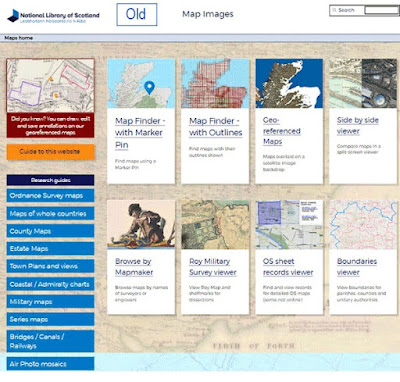A special plea to anyone who has recently bought any of my Pen and Sword family history books – and indeed ANY recent Pen and Sword family history books, by any author - from https://www.pen-and-sword.co.uk, https://www.penandswordbooks.com, or other book selling platforms.
In the past, when a new title was published, the publisher would send out review copies to various interested individuals, and those reviews would then help to drive sales. Pen and Sword has seemingly now stopped doing this, and indeed when challenged about it recently, the response was "why don't you write an article about your book for us, and we'll plug it on social media" - which is not really the kind of support you want from your publisher after having already put together over 50,000 words on the topic! They can already promote it on social media without an article - and it's simply not the job of authors to write reviews of their own books.
To highlight the impact, after five months there is but one review on my latest book on the P&S website - and it isn't even the full review - with just one review also on Amazon. By contrast, my previous book had 11 reviews on the P&S website, and the one before that 29. “I didn't think the new one would be that bad Chris” I hear you say! But it's not just me that is being affected. To give another example, the latest edition of DNA: A Guide for Family Historians by Graham Holton, John Cleary, Michelle Leonard, Iain McDonald, and Alasdair MacDonald, published just a month after my book, has similarly only had one review featured (and just three on Amazon) - to put that into context, the previous edition of that same title, published Dec 2022, had THIRTY reviews on the P&S site. When a book on DNA is not even getting some reviews, the most popular subject in the genealogy world (and a bloody good book at that!), then it comes across that the publisher has seemingly decided to abandon its responsibilities on this front.
So the plea is this! If you have recently published a review on any of my books, or have had one published, please do let me know (I can pass it on to P&S and insist they add it to the relevant page) - but also, if you have bought ANY Pen and Sword genealogy books recently, particularly any new releases, PLEASE, if possible, please let the authors know so they can do likewise. Please also do leave a review on Amazon, or whichever platform you purchased it from, if not from the P&S site.
Reviews don't need to be an epic as long as the book, it can be as short as “It does what it says on the tin!” (or something more critical!), or just a star-based review (i.e. how many stars out of 5), but believe me when I say that every little helps, and that along with my fellow authors, I will love you all even more for doing so than I already do!!!
It has become harder in recent years for genealogy authors to make money from their publications, but at least in the past the publisher would try to support the work they were producing. I fear those days are fast disappearing, and we'll soon be entering an era where we will also be defending ourselves against AI droids replacing us all anyway (and probably trained on content that we have previously written) - so please do support genealogy authors, whilst they are still a thing, with a quick review.
Thank you and I hope you enjoy all our collective efforts. We're very proud of what we do, and we put a lot of love and work into what we do!
Chris
Order Researching Ancestral Crisis in Ireland in the UK at https://bit.ly/4jJWSEh. Also available - Tracing Your Belfast Ancestors, Tracing Your Irish Ancestors Through Land Records, Sharing Your Family History Online, Tracing Your Scottish Family History on the Internet, Tracing Your Irish Family History on the Internet (2nd ed), and Tracing Your Scottish Ancestry Through Church and State Records - to purchase, please visit https://bit.ly/ChrisPatonPSbooks. For purchase in tthe USA visit https://www.penandswordbooks.com. Further news published daily on The Scottish GENES Facebook page.













